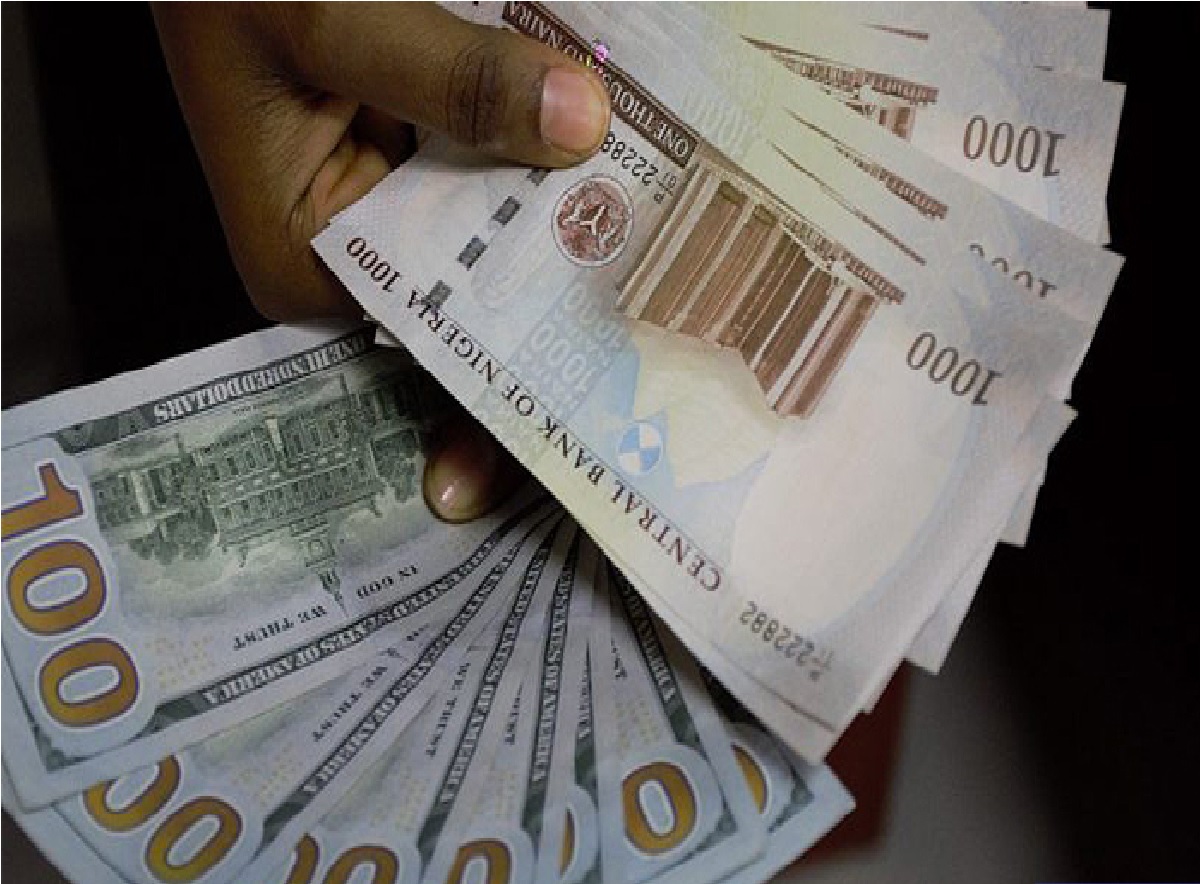The naira has continued to lose value against the dollar at the black market, as the Central Bank of Nigeria (CBN) has yet to clear the foreign exchange (FX) backlog that it owes to deposit money banks.
The naira was sold for as high as N995 per dollar by bureau de change (BDC) operators on last Friday and Saturday in Lagos, Abuja and Kano.
This came as the Immediate CBN acting governor, Folashodun Shonubi, had promised to clear the FX backlog within one or two weeks on September 6, 2023.
The FX backlog, which is estimated to be over $10 billion, is the amount of dollars that the CBN owes to banks for FX forward contracts and swap deals that have matured.
The CBN had entered into these contracts with banks to provide liquidity and stability to the FX market, but it failed to honour its obligations due to dollar scarcity and low oil prices.
The FX backlog has put banks in a tight FX position, forcing them to suspend some FX transactions such as school fees and personal travel allowance applications.
The FX backlog has also worsened the dollar scarcity at the parallel market, as bank customers shift to the black market to meet their FX needs. The naira has depreciated by over 50 per cent at the black market since January 2023, when it was trading at around N650 per dollar.
On the official market, however, the naira appreciated slightly on last Friday, closing at N747.76 per dollar on the investor and exporter (I&E) window, from N772.98 per dollar on last Thursday. The I&E window is where foreign investors and exporters trade dollars with banks and other authorised dealers.
The naira’s depreciation at the black market has increased the gap between the official and parallel market rates, creating arbitrage opportunities for currency speculators and smugglers. It has also increased inflation and reduced purchasing power for Nigerians who rely on imported goods and services.
Meanwhile, manufacturers have expressed fears that the naira’s free fall could lead to the closure of many factories and businesses, as they struggle to access dollars to import raw materials and machinery. They have called on the CBN to intervene in the FX market and ensure adequate supply of dollars to genuine end-users.
Moreover, the new Governor of the Central Bank of Nigeria (CBN), Olayemi Cardoso, has pledged to take immediate steps to stabilize the naira and clear the foreign exchange (FX) backlog that has been affecting the economy.
Cardoso made this pledge during his screening by the Senate on Tuesday, where he and four deputy governors were confirmed by the lawmakers.
Cardoso, who was the former chairman of Citibank Nigeria before his nomination by President Bola Ahmed Tinubu, said he would implement short-term and long-term measures to address the problem of naira depreciation, which has reached an all-time low of N980 per dollar at the parallel market.
He said he would work with his team to ensure that the FX demand and supply are balanced and that the FX market is transparent and efficient.
He also said he would clear the FX backlog, which is estimated to be over $10 billion, regardless of the amount.
He said this would boost the confidence of investors and businesses in the Nigerian economy and ease the pressure on the naira. He said he would use operational and system-related measures to achieve this goal.
The Senate confirmed Cardoso as the CBN governor after a rigorous screening session, where he and his deputies answered questions from the senators on various economic issues.
The senators expressed their concerns over the economic woes facing the country, especially the free fall of the naira. They urged the new CBN team to “look outside the box to see a way of strengthening the naira.”
The deputy governors who were confirmed by the Senate are: Emem Usoro, Muhammad Abdullahi-Dattijo Philip Ikeazor and Bala Bello. They are expected to bring their expertise and experience to support Cardoso in steering the CBN and managing the monetary policy of the country.
The confirmation of Cardoso and his deputies comes at a critical time when Nigeria is facing multiple challenges such as inflation, unemployment, insecurity, global oil price crash, and others. The new CBN team has a huge task ahead of them to restore stability and growth to the Nigerian economy.

